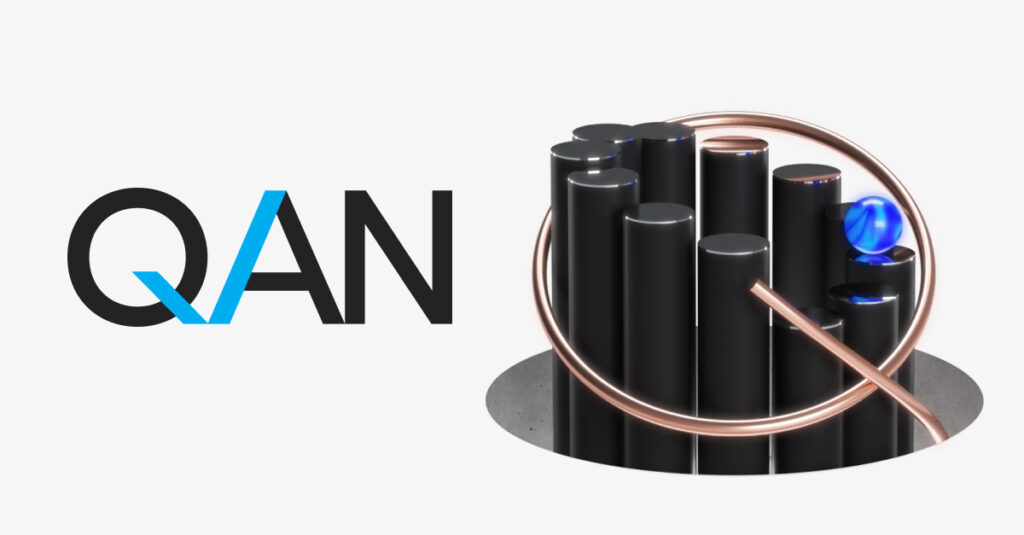QANplatform introduces pioneering quantum-resistant blockchain testnet, EVM-compatible, facilitating quantum-resistant smart contract development.

Enabling the development of smart contracts resistant to quantum attacks, QANplatform has introduced the first blockchain testnet compatible with the Ethereum Virtual Machine (EVM) and resistant to quantum attacks.
Cointelegraph has been informed that the new testnet will permit programmers to create smart contracts utilizing any programming language. QANplatform provided this information.
The inaugural EVM-compatible testnet featuring quantum-resistant cybersecurity, as stated by Johann Polecsak, co-founder and CTO of QANplatform, is as follows:
Centralized authorities like governments, companies, and organizations can switch their IT security to post-quantum cryptography much more easily than blockchain platforms.
The issue of post-quantum security has gained significant attention since the introduction of the IBM Condor, the second-largest quantum processor featuring 1,121 qubits, in December 2023.
Polecsak explained that the majority of the leading existing blockchain networks, such as Bitcoin, Ethereum, and Solana, need to be more capableent quantum-resistant security measures without suffering substantial negative consequences due to their decentralized nature.
Pseudonymity of blockchain will backfire at post-quantum migration because it will be impossible to tell legitimate owners migrating their funds and data or hackers stealing all of it apart. In this case, billions of dollars worth of “free money” and data could land in hackers’ hands if they start migrating on the real owners’ behalf making the affected blockchains immediately worthless.
Without jeopardizing user funds on the mainnet, EVM-compatible protocols can test their migration process to a quantum-resistant alternative on the new QANplatform testnet.
The announcement of the testnet arrives almost two months after the initial European nation implemented the quantum-resistant technology of QANplatform in March. Quantum computing assaults against government-owned cybersecurity infrastructure are thwarted by the technology stack.
Globally, governments are presently making preparations for the post-quantum era. The Quantum Flagship research initiative, initiated by the European Commission in 2018, possesses a minimum budget of 1 billion euros ($1.078 billion) and an intended duration of ten years.
In light of the fact that quantum computing already poses a substantial security risk to ordinary internet users, these efforts are warranted, according to Polecsak of QANplatform. What he stated was:
Quantum-resistant technology is important already today because of the ‘Store now, decrypt later’ cybersecurity threat that involves attackers collecting encrypted data with the intention of decrypting it later using more powerful computing methods, such as quantum computers.
Additionally, large corporations are preparing for a future after quantum. In February, Apple introduced a new update that incorporates post-quantum cryptography into iMessages, rendering the company the first among a limited number of messaging providers to achieve quantum-proof status.
The Signal messaging application also received an encryption enhancement that is “quantum-resistant” in September 2023; however, Apple claims it is the first to achieve “level 3” encryption.
Even though the development of quantum computers may take longer, post-quantum security must be proactive, as stable qubit quantum computers will be able to circumvent the majority of current cybersecurity algorithms, according to Polecsak:
Today’s asymmetric cryptographic algorithms like RSA and EC used by the whole internet – including governments, banks, email providers, social media, blockchain platforms, etc — will be cracked by quantum computers.
